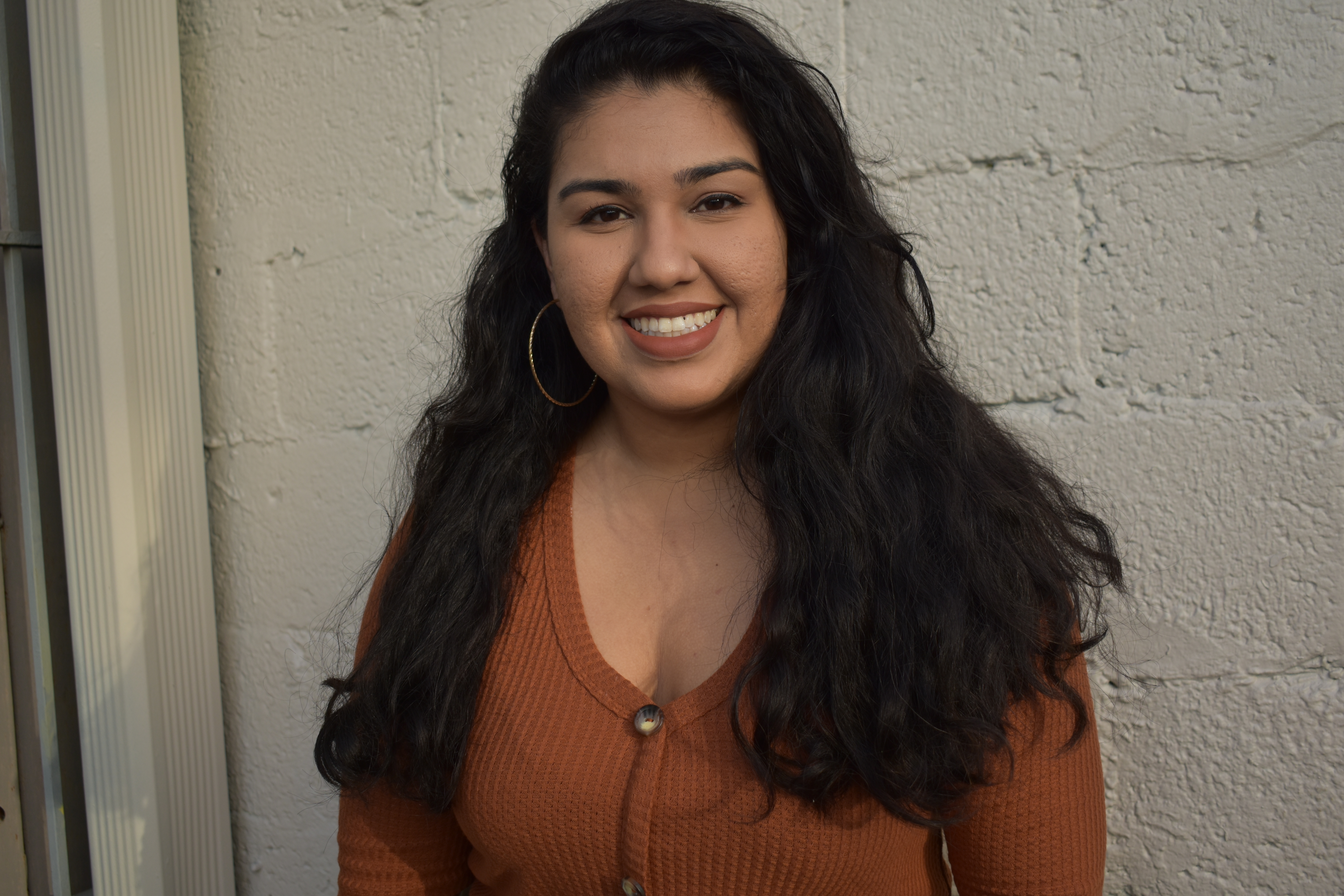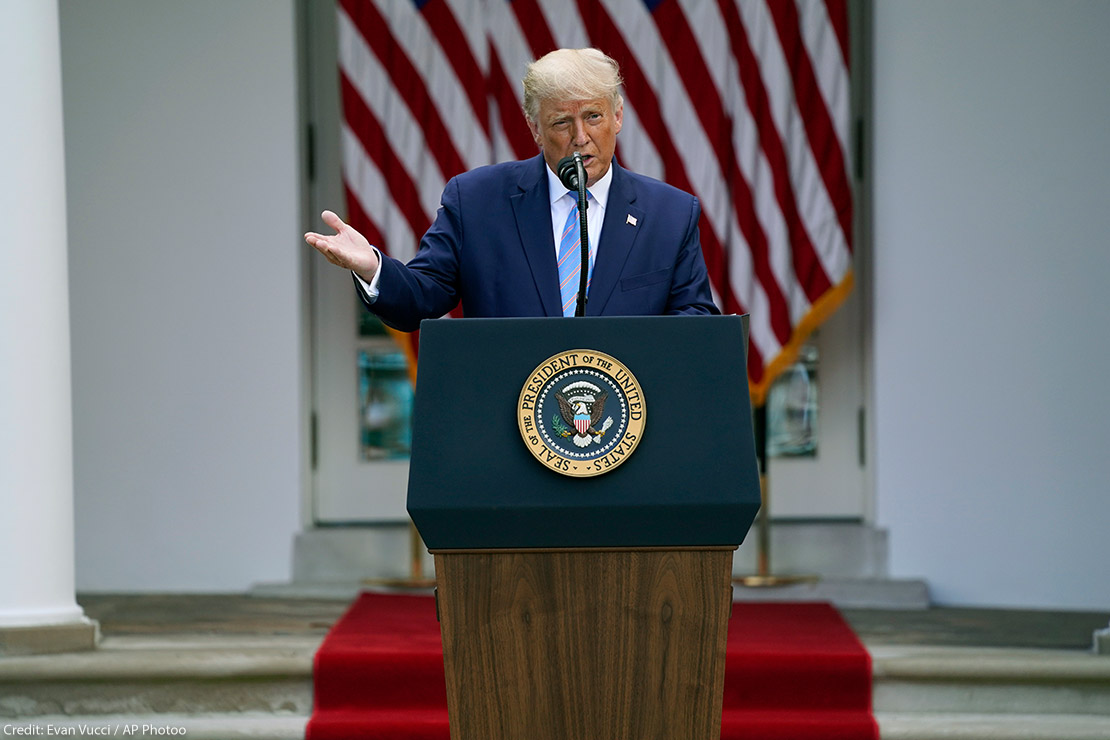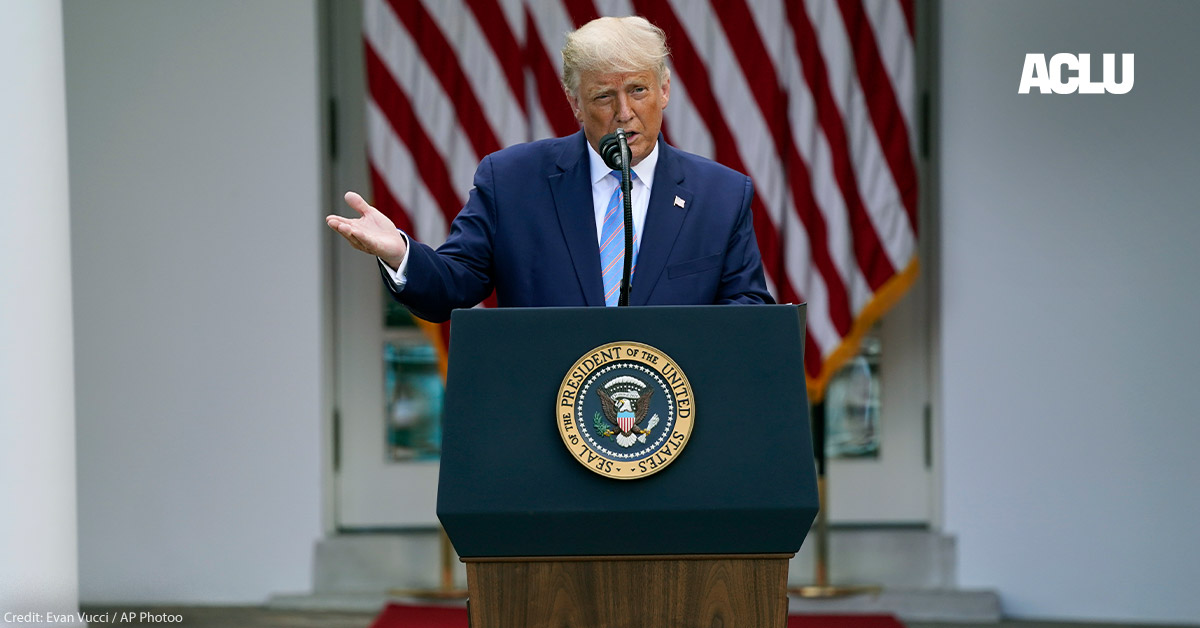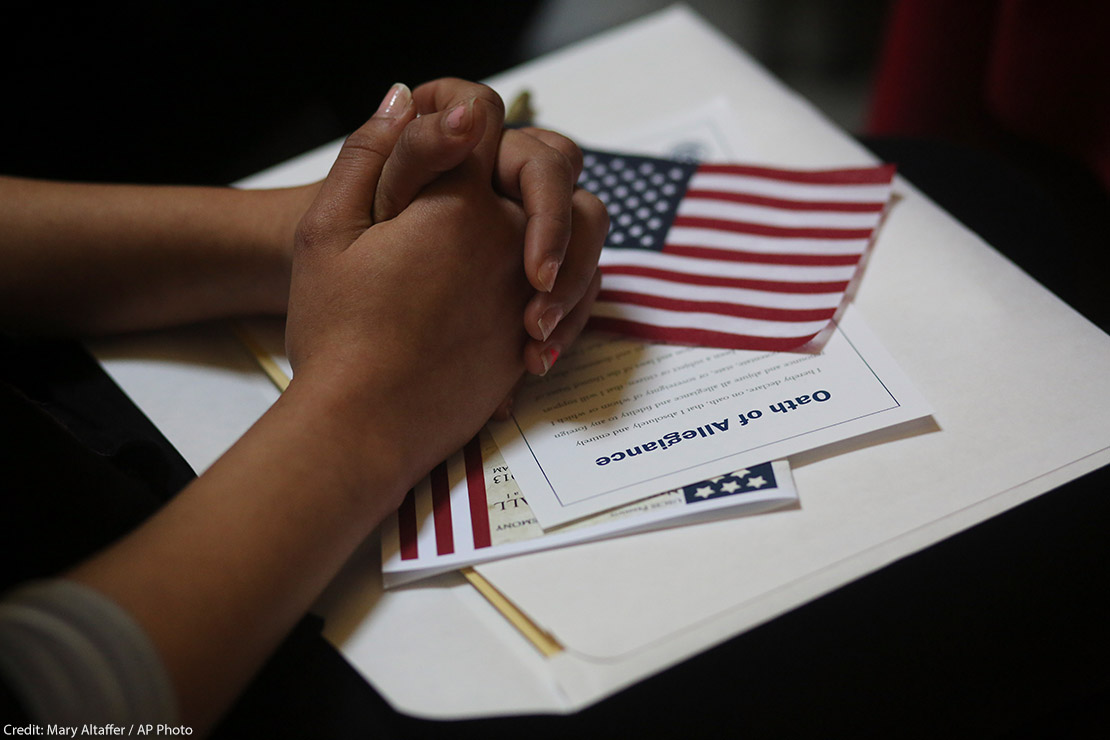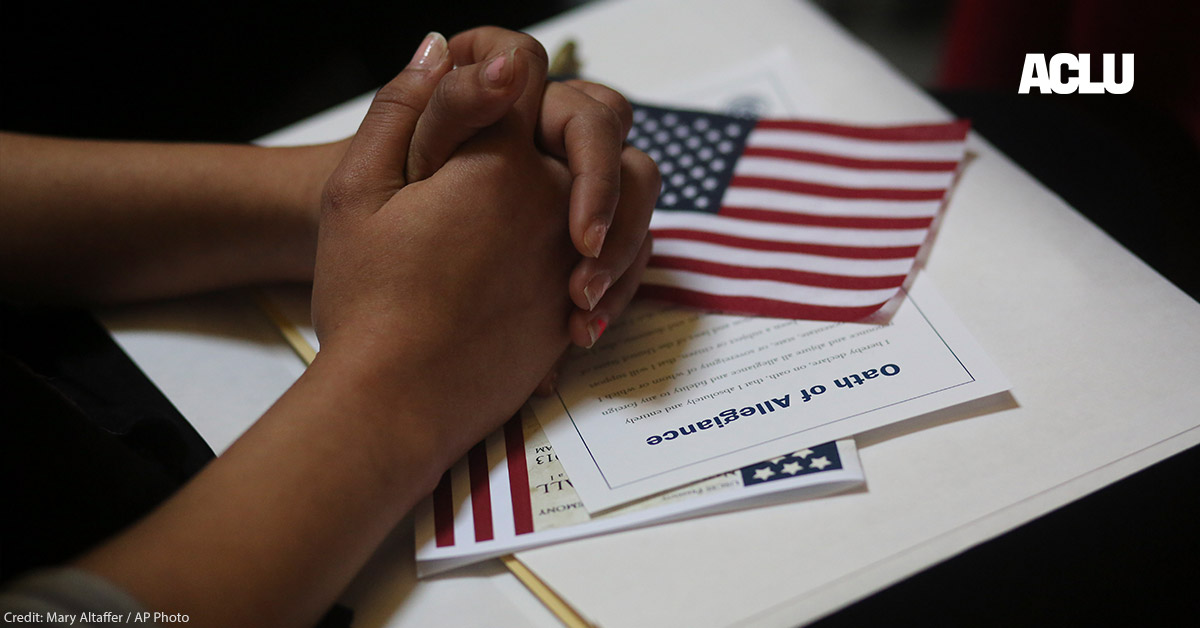I am a first-generation immigrant. My parents were both born in Colombia, and while I was born in the United States, I was raised surrounded by our culture. As a first-generation immigrant of Colombian descent, I grew up feeling as if I have a foot here and a foot there, or in other words, I am not from here nor from there. Walking through this world, I have always been asked the weighted question of, “Where are you really from?” or “Where are you from originally?”
As a Florida native, my response has always been, “I am from Florida, born and raised,” but that does not not satisfy the anticipated response of most folks who ask me that question. I am Colombian, I am also American and I am proud. Growing up with these dual identities has taught me so much. I will always be grateful, and honor my ancestors that paved the way for me.
This is why I have chosen to honor Black and Brown femme revolutionaries that fought for my constitutional right to vote. As young Latinx people, we should exercise that right in honor of those who cannot. There are many people that never get the chance to vote or wait their entire lives to cast a ballot.
I have a close friend that moved here at the age of three and finally at the age of 28, became a citizen. Unfortunately, my friend’s story is not unlike the reality of most immigrants in this country.Waiting years or even decades to become eligible to apply for citizenship - even if you have access to this avenue - is the tragic reality of our broken immigration system. There are millions of people with Temporary Protected Status (TPS) or other various immigration statuses who don’t currently have a pathway to citizenship. While most of these people, who have spent a majority of their lives working and contributing their money through taxes, as well as their creativity and culture to this country, may never get the chance to exercise their voice in our democracy. The power of the polls is electing people to power who reflect our communities, listen to our communities, and who are actively invested in creating change by adopting policy that uplifts historically oppressed Black and brown communities.
But the power to create change doesn’t stop at the polls. I have channelled my advocacy for my community with my gift of storytelling. Through my work, I have had the opportunity to support and work alongside amazing organizations that uplift the voices of Latinx folks, such as Miami Workers Center, Florida Immigrant Coalition, Poderosa Is Her Power, Office of New Americans Miami Dade and so many more.
On My Block and Get Away With Murder Actress, Jessica Garcia of Mexican and Cuban descent, shared, “We as Latinx (people) come in all different shades and backgrounds and it’s our responsibility to make sure we don’t continue to divide ourselves. We’re stronger together but it’s going to take a lot of uncomfortable conversations to get there.” Through involvement in local organizations and programs, Latinx folks can find community, a safe space to be themselves and share the love of their cultures.
It is within these spaces that I have been able to engage in conversations with my community that celebrates our cultural differences, and creates a spirit of solidarity to pursue change that will make better lives for us all. It starts with us. Not politicians.
In support of this work and in celebration of Hispanic/Latinx Heritage Month, here are three things you can do.
- Vote
Encourage three friends to vote and make a plan for the upcoming election. Will you vote by mail, vote early, or vote on Election Day? The choice is yours, but make sure to make one! - Take the Census
Ensure you count and are represented. Completing the census is a way to make sure your community is represented and funded. Also, keep in mind that there isn’t a citizenship question on the Census and it will not be shared with ICE - Volunteer or Invest in local Latinx organizations
Find your community. Most of us have either lived the immigrant experience or know someone who has. Volunteering, investing and creating your own support circle is important.
Commemorating our Hispanic/Latinx heritage is more than a monthly observance. It is a call to action to embrace and improve the lives of those in your community.
Monica Mahecha (she/ella) is queer latinx, pisces that has over 30 lovely plant darlings in her life. She works as a digital strategist and fights to uplift voices of Black and brown folx. She is also a soccer fan, player, trainer and founder of a women's league; created to provide a competitive and safe space to play. You can keep up with Monica on Instagram: @livinNexplorin
Date
Monday, October 12, 2020 - 11:00amFeatured image
